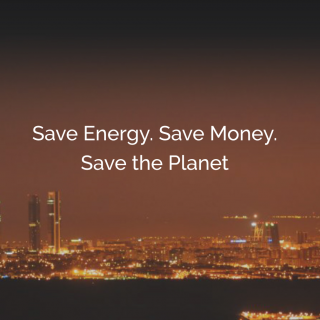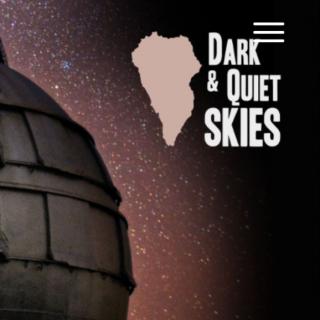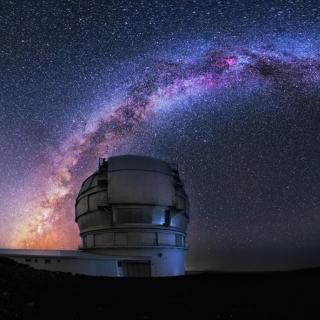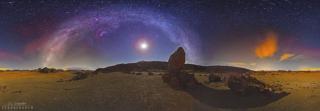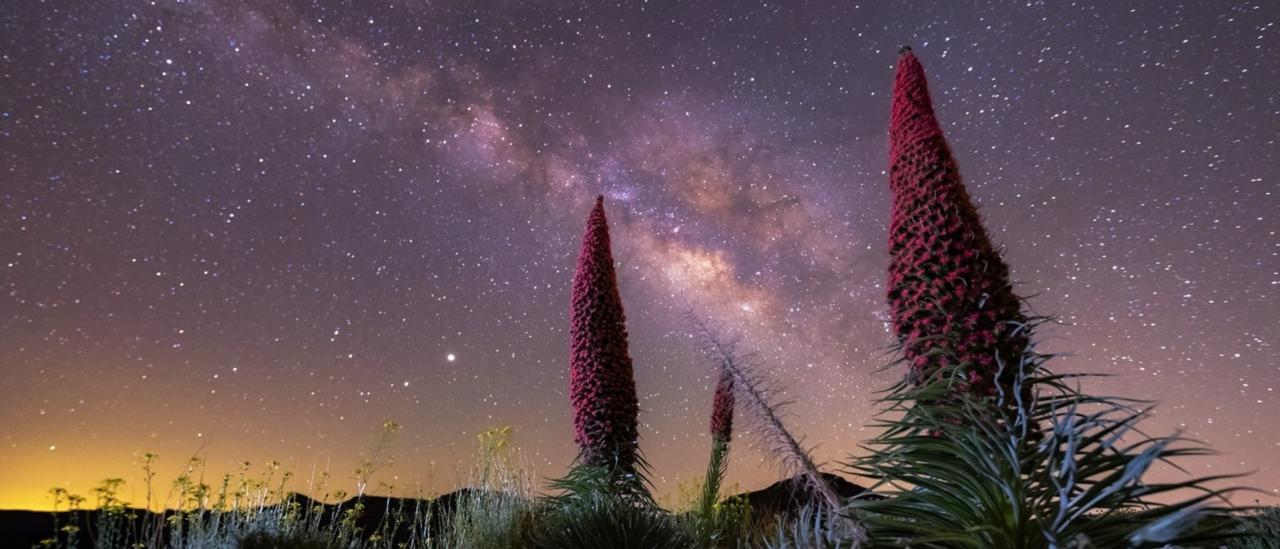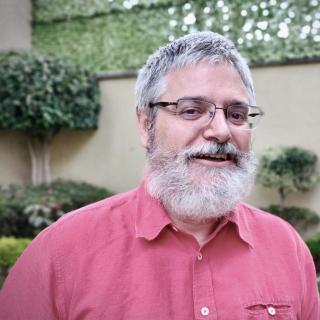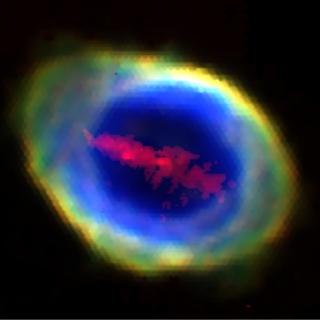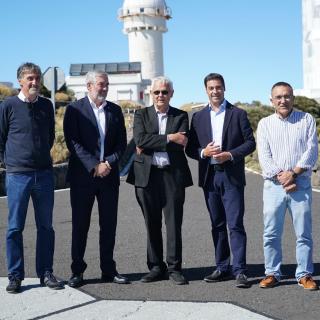After a week of intense work, with the participation of almost a thousand researchers from all over the world, the online workshop “Dark and quiet skies for science and society” has finished. For five days work has proceded on the preparation of a document which can offer governments, city councils, and companies the legal and technical basis for avoiding the possible negative impact of the newest technology on the observation of the night sky, and on biodiversity.
During each day of the week a team of world experts has presented, analyzed, and discussed one of the problems currently facing astronomical observations, especially those due to the negative impact of artificial night lighting and satellite constellations in areas such as optical and radio astronomy, and night-time ecosystems. The result is that the five working groups taking part in the meeting have prepared a single preliminary report which has been released this afternoon during the final session of the meeting.
In this first meeting solutions were proposed which will be debated and submitted for approval to the United Nations Office of Outer Space Affairs (UNOOSA). “The recommendations will be made known to world political leaders, presenting our report to the United Nations Commission on the Peaceful Uses of Outer Space, COPUOS, in which over 90 countries are represented” explains Casiana Muñoz-Tuñón, the Deputy Director of the IAC and one of the organizers of this workshop.
The report, which will soon be available on the website of the workshop is still a document under development to be improved, as Muñoz-Tuñón said “ We invite all the experts who have participated to keep on providing commentaries and suggestions during the preparation of the final version of the report: the contributions from all of them is essential to make this an effective document, shared by a wide community”
A special closure session
Today’s session was attended by Pedro Duque, the Spanish Minister of Science and Innovation, via video, who introduced the last workshop of the day about the protection of Radioastronomy, a branch of Astronomy under threat form radio signals produced by techical development.
Duque stressed the importance of the protection of the sky, which has been carried out in the Canaries for years, which has allowed the presence of “scientific activity at the highest level”, and he picked out the importance of the Canary Observatories which “contains some of the most advanced telescopes in the world, such as the Gran Telescopio Canarias dn the Cherenkov telescopes of the CTA-North”.
This online meeting, organized by the United Nations Office for Outer Space Affairs (UNOOSA), the International Astronomical Union (IAU), and the Instituto de Astrofísica de Canarias (IAC), with the collaboration of NOIRLab, will finalize with a conference which we hope to celebrate in La Palma in mid-April 2021, during which the final document with recommendations will be made public.
More information:
Workshop "Dark and Quiet Skies for Science and Society"
Contact:
Casiana Muñoz-Tuñón: subdireccion [at] iac.es (subdireccion[at]iac[dot]es)
